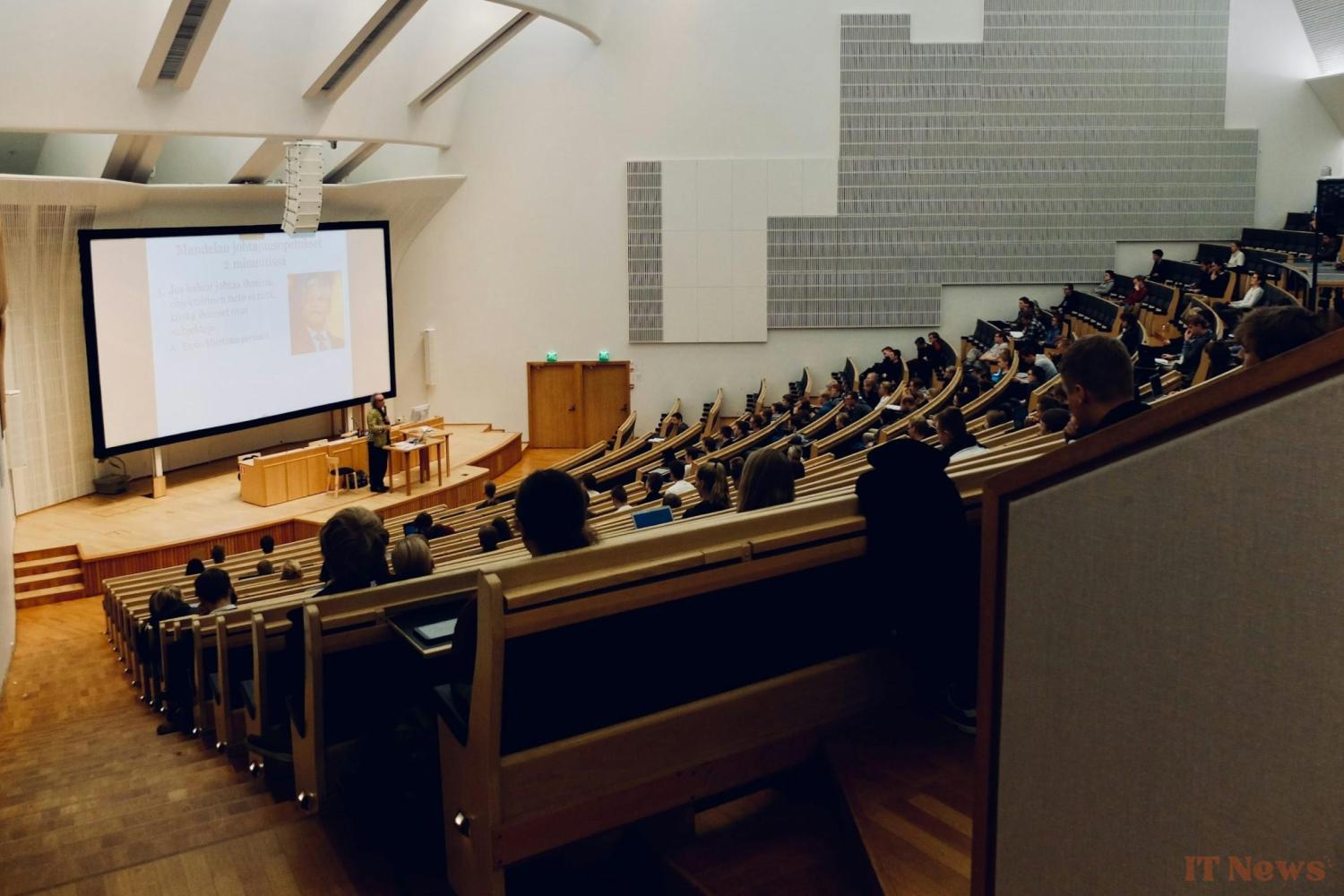More and more Internet users are now using AI-powered chatbots on a daily basis—including in schools and universities. In response to this trend, Anthropic has just announced a new version of its model called "Claude for Education," tailor-made for the world of higher education.
The main new feature is the arrival of a new "learning mode" that is aimed directly at students. Its goal: to encourage the development of reasoning skills.
Questions to fuel reflection
To achieve this, the chatbot will not simply reveal the solution to each question directly. Instead, it will initiate a discussion by asking questions itself, such as "What evidence supports your conclusion?" or "How would you approach this problem?". A way to test the understanding and reasoning of the person you are talking to on a given subject, and more broadly, to guide them in their learning by stimulating their critical thinking.
This is an interesting approach, insofar as it directly addresses one of the main risks inherent in the use of AI in this context. If many educators are particularly wary of ChatGPT and its ilk, it is largely because they believe that these tools encourage students to build a rather superficial knowledge base based on shortcuts, instead of truly taking ownership of the subject to understand its nuances.
By carefully avoiding delivering all the information on a silver platter, the company hopes that its new product will offer real educational added value, instead of being a simple, potentially counterproductive answer generator.
Tools for teachers and administrators
But students are not the only targets of Claude for Education. More broadly, Anthropic wants its product to benefit all stakeholders in the academic world. To this end, the firm wants to collaborate directly with universities to implement a whole range of tailor-made tools, intended to make life easier for educators and even the administrative staff who enable these institutions to function on a daily basis.
More broadly, the company's objective is to launch a process of sustainable integration of AI in the academic world, where perceptions of this technology remain very heterogeneous. Some universities, such as the prestigious London School of Economics and Political Science, have already largely integrated it into their operational routine.
Others, on the other hand, are much more cautious and believe that they will need more perspective to know whether or not it is a good idea. Claude for Education may help some institutions take the plunge, thus launching a paradigm shift that could prove very profitable for the company in the long term.
It will therefore be important to monitor the evolution of this trend, which is likely to profoundly transform the world of education.



0 Comments